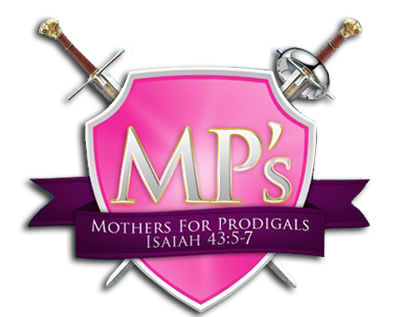O give thanks to the Lord, for He is good; For His lovingkindness is everlasting. 1 Chronicles 16:34 (NASB)
If only. If only I had more money. If only I didn’t have to suffer this illness. If only I had a bigger house. If only I wasn’t confined to a wheelchair. If only, if only, if only.
Do you confront earthly concerns with an “if only” attitude? Not enough. Desiring more. Simply existing. Sounds hopeless, right? It’s like viewing a half empty glass instead of a half full one.
When things in my life take a downward turn, I get caught up in the half empty glass point of view, drowning in my sorrow. Woe is me. If only I could be more like her. If only I didn’t have back pain. If only I had a better job. If only I had more—of anything. With this attitude, I’ll never be content. What about my blessings? Do I ever stop to give thanks for the joys in my life?
My lack of gratefulness manifested itself when I read about Jesus feeding five thousand men, plus women and children. All four gospels of the New Testament contain the account so I believe God desired for me to take note of those testimonies (Matthew 14:13-21, Mark 6:30-44, Luke 9:10-17, John 6:1-15). I needed a lesson on gratitude.
Jesus and His disciples had been traveling from village to village, healing the sick. Tired and weary, Jesus led them to a quiet obscure place for some rest. But they were followed by a crowd of people. Putting others before Himself, Jesus expressed compassion by welcoming them, speaking of the kingdom of God, and healing the sick.
Meanwhile, evening approached and the disciples worried about what to do with the crowd of 5000+ people. They immediately directed Jesus to send everyone away in order to find food and lodging. Jesus said, “They don’t need to go away. You give them something to eat.”
What? Surely the disciples’ faces exposed their disbelief. What was Jesus thinking? They too were exhausted and hungry. How would they feed such a multitude of people? “We have here only five loaves of bread and two fish,” some of them said.
Philip added, “Eight months wages would not buy enough bread for each one to have a bite!”
How many mouths would five loaves and two fish feed? Half a dozen, maybe? If only there was more food.
“Bring them here to me,” Jesus said.
Really Jesus, what can you do with five loaves and two fish? Surely you see this hungry horde before you. How in the world are you going to feed all these people with such a small amount of food?
I know I doubt Jesus at times, but how could these men who daily walked with Him, witnessing His wonders, express any hesitation in Jesus’ ability to take care of the situation? Their experiences alone spoke volumes to the power of God through Jesus. Yet they focused on an if only moment. Jesus stood right beside them, but they concentrated on a huge, hungry crowd of people with a pessimistic perspective. If only they had more.
Once Jesus held the paltry provisions, He instructed the disciples to have everyone sit down in groups on the green grass. Jesus wasn’t preoccupied with the meager portions. He simply took the small amount of food, looked up to heaven, and gave thanks. He offered gratitude to His Heavenly Father. And then He broke the bread.
Somewhere between the prayer of thanks and the distribution of food, a miracle happened. Everyone (all 5000+) ate and was satisfied. The disciples filled up twelve basketfuls of left over broken pieces. Suddenly the if only transformed into more than enough. In the midst of a grim situation, Jesus offered thanks and deficient became sufficient.
Recently, I decided to put the principle of gratefulness into practice as I lay motionless on a mattress while undergoing a CT scan. I had already voiced a few if only moments. Struggling with an infected and possibly blocked salivary gland, I had been experiencing significant discomfort in and around my mouth and face. If only I didn’t have to suffer with this pain. If only I didn’t have to be subjected to a CT scan.
As the donut of technology took images of my face and contrast fluid ran through my body, I prayed for protection. Gratitude soon replaced anxiety when I understood my doctor would be able to visualize my problem. Gratefulness replaced concern when I realized I might feel better. Thankfulness replaced fear when I knew I rested in my Heavenly Father’s arms. Offering thanks replaced my if only moment. Thank you, Lord God, for provision.
What is your if only situation? We all face trials—sickness, death, divorce, rebellious children, joblessness, not enough, the need for more. How do we deal with it? Do we allow hopelessness to overwhelm us like gray clouds blanket the sky on a rainy day? Or do we stop, take notice of our blessings, and lift up open hands of thankfulness to our Heavenly Father who supplies all our needs?
When life’s challenges pour in like rain, raise up a covering of gratitude. Focus on sufficiency instead of inadequacy. Fear and doubt will soon diminish. If only there was more will become more than enough. And contentment will reside in your soul with peaceful resolve.
in everything give thanks; for this is God’s will for you in Christ Jesus. 1 Thessalonians 5:18 (NASB)
““Give thanks with a grateful heart......”
~Don Moen, American singer and songwriter”
““for I have learned to be content whatever the circumstances.” ~Paul
Philippians 4:11”



